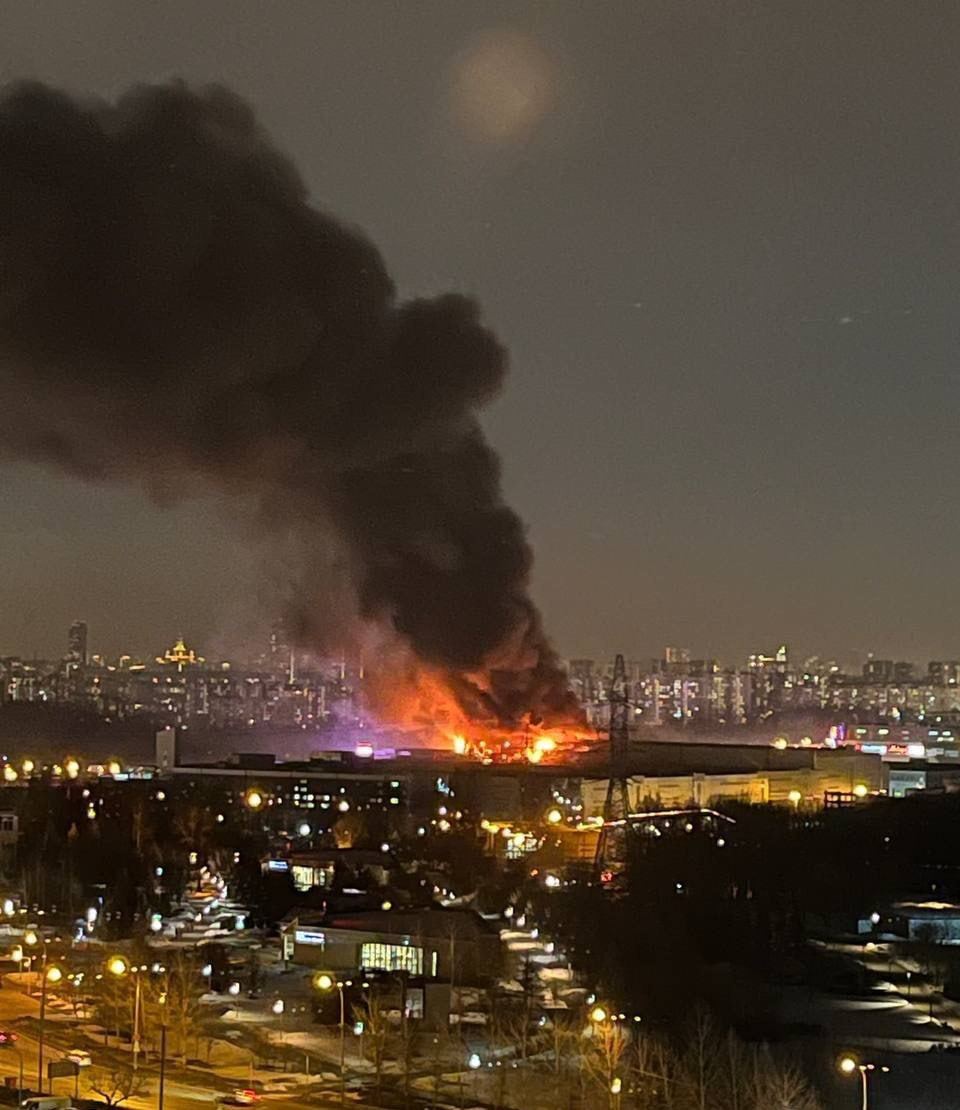Over half of Russians accuse Ukraine of attack at Crocus City near Moscow – survey
Russians aged 31 to 50 have the highest number of those who believe Ukraine was involved in the attack: over 50%, according to the poll by an Anglo-Ukrainian online pollster OpenMinds

Over 50 % of Russians believe that the Ukrainian government is responsible for the terrorist attack at the Crocus City Hall concert hall near Moscow, Financial Times (FT) reported, citing a survey by an Anglo-Ukrainian online pollster OpenMinds.
According to FT, sociologists polled 652 individuals. 27% of respondents attributed the attack to the radical group Islamic State, while another 6% blamed the so-called “collective West” for the assault.
FT respondents aged 18 to 30, who are anti-war, are inclined to blame the Islamic State for the attack rather than Kyiv. Among opponents of the war in general, 50% accuse jihadists of the terrorist act, while among supporters of the war, only 12% do so.
Russians aged 31 to 50 have the highest number of those who believe Ukraine was involved in the attack: over 50%, according to the poll.
The shooting attack occurred on the evening of 22 March when crowds gathered for a concert at the Crocus City Hall concert center on the outskirts of Moscow. According to the latest data, 144 people were killed in the attack.
Nine individuals, mostly citizens of Tajikistan, have been arrested in the case. Four of the suspects in the direct execution of the terrorist attack suffered torture during their detention and interrogations.
The radical group Islamic State has claimed responsibility for the terrorist attack. The United States and other Western countries are convinced that it was indeed the Islamic State that organized the attack. The Russian side claims that Ukraine may be behind the perpetrators of the attack, while Kyiv denies all accusations.
The Financial Times highlights that due to the suppression of dissent in Russia by the authorities, “it is very difficult to determine the level of anti-Ukrainian sentiments among Russians.” Sociologists warn that surveys conducted under conditions of war and repression cannot be considered entirely reliable.
Read also:



